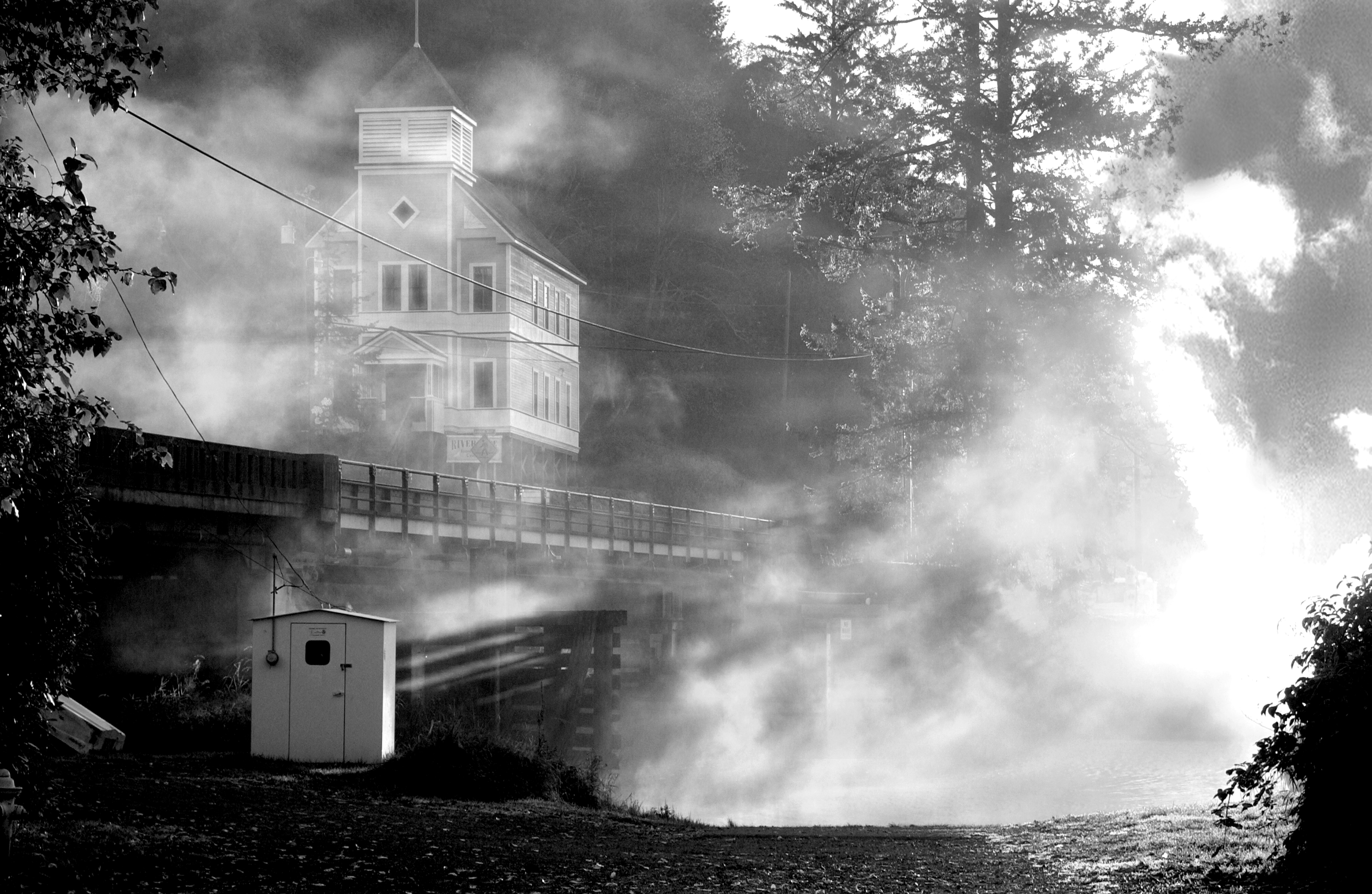(Seattle, WA) Jack McCarthy, one of America’s celebrated slam poets, died in Seattle on Thursday, January 17, 2013 at the age of 73 following a brief illness.
The author of thousands of poems, numerous audio recordings, and eight books of published poetry, including Almost A Remembrance, Good Night Grace Notes and What I Saw had recently completed his latest book, Drunks and Other Poems of Recovery, which will be published in the spring of 2013 by WriteBloody Publishing. Recovery has been an integral part of his life, having been a grateful and loving member of Alcoholics Anonymous for the past fifty years.
McCarthy is a legend in the slam poetry community. In the 1990’s he was named ‘Best Standup Poet in Boston.’ In 1996 he was a member of the Boston poetry slam team that went on to the National Poetry Slam Championship. He was named ‘Best Standup Poet’ by the Boston Phoenix in the 1990s. In 2000 he was a semi finalist in the individual category of the National Poetry Slam. And in 2007 he was the winner of the Haiku category at the World Poetry Slam. Jack was also featured in the documentary SlamNation, produced by five-time Emmy filmmaker Paul Devlin. SlamNation premiered at the 1998 SXSW Film Festival and was awarded best documentary at the 1998 Northampton Independent Film Festival. It was broadcast on Cinemax/HBO and Starz/Encore.
Jack and his wife Carol relocated to Seattle, Washington in 2003 and he has been active in the local poetry community throughout Washington. His last public appearance was at South Seattle Community College (SBCC), as the featured poet at the 18th Annual Poetry Reading. Mike Hickey, Seattle’s Poet Populist and an instructor at SBCC, praised Jack’s contribution to the poetry community, “He was not only one of the best slam poets this country has ever produced, but also one of the kindest, gentlest, and most compassionate. To those who loved him, from Boston to Seattle and countless points in-between, he was a legend on the page, on the stage, and in life.”
Taylor Mali, one of the most well-known poets to have emerged from the national poetry slam movement and one of the original poets to appear on the HBO series Def Poetry Jam praised his countless contributions. “Because of the way Jack McCarthy bridged the divide between academic poetry and the poetry slam, it’s possible for poets like me to actually make a living in spoken word. I’m not sure I could do what I do if it weren’t for Jack.”
“Jack McCarthy’s poems tap you on the shoulder, buy you a cup of coffee and start telling you a story,” said poet Hope Jordan. “Before you realize it, you’ve laughed, you’ve cried, and you have understood the perfectly visible relationships between things you never before dreamed were connected. Things like longing and lawn chairs, cars and Catholicism, navigation and newfound love.”
“Jack hopes to be remembered as an integral member of the movement to restore poetry to its rightful place in everyday American life,” said his wife Carol. “He believed that when Americans think of poetry, they don’t think of school and homework, but of laughter and tears; a shortcut to the heart.”
Born in South Boston on May 23, 1939 to John and Hannah McCarthy, Jack is survived by his loving wife Carol McCarthy, his children Megan McDermott, Kathleen Chardavoyne, Ann McCarthy, stepson Seth Roback, his six loving grandchildren, and sisters Hannah McCarthy and Judy Winship. His brother Leo preceded him in death.
There will be two memorial services to celebrate the life, the love and the words of Jack McCarthy. On Saturday, February 9, 2013 friends will gather at Follen Unitarian Church in Lexington, Massachusetts at 2PM. It will be followed by a reception at the church and an ‘open mike’ at Chelmsord Library. In addition, there will be a memorial service on Saturday, February 16, 2013 in Marysville, Washington at the Evergreen Unitarian Universalist Fellowship at 2PM, followed by a reception.
Additional information about the memorials, as well as some of Jack’s more popular works of poetry can be found at www.standupoet.com
In lieu of flowers Jack has requested that donations be made to the Evergreen Unitarian Universalist Fellowship, 1607 Fourth St., Marysville, WA 98270.
An article about Jack in the Worcester Telegram.
Tributes for Jack McCarthy on his Facebook Page.
Jack McCarthy on The Far Field.

